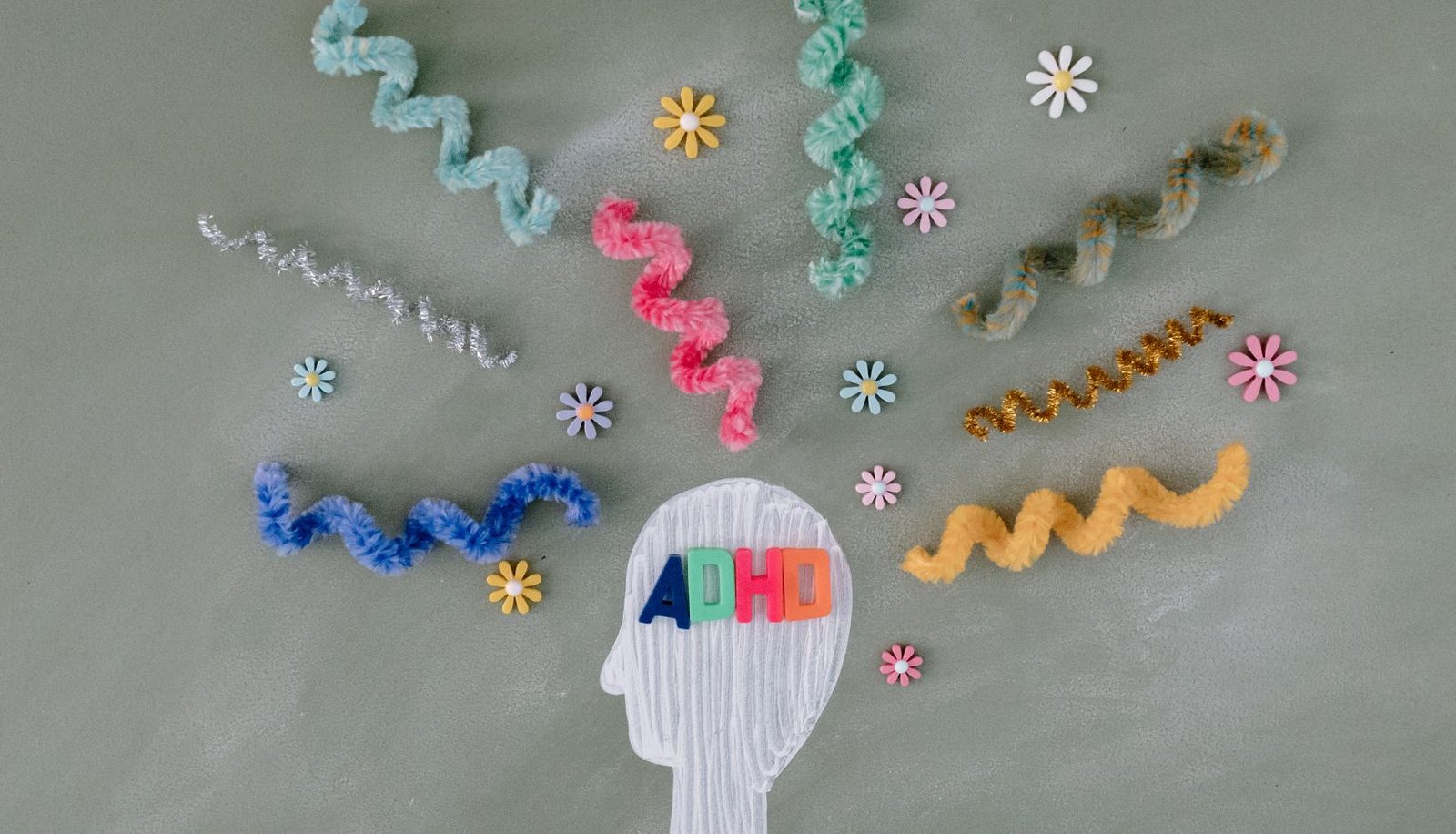Attention Deficit Hyperactivity Disorder (ADHD) affects many students, making it challenging for them to focus, stay organized, and manage their time effectively. However, with the right strategies and support, students with ADHD can succeed academically and thrive in the classroom. Understanding the condition and implementing tailored approaches can make a world of difference in their learning experience.
What is ADHD?
ADHD is a neurodevelopmental disorder that affects attention, impulsivity, and hyperactivity. Students with ADHD may struggle with staying on task, completing assignments, following instructions, or controlling impulsive behavior. These challenges can hinder academic performance and create frustration for both students and teachers.
Common Challenges in the Classroom
Students with ADHD often face specific difficulties, such as:
- Difficulty with Focus: They may become easily distracted or find it hard to concentrate on lessons for extended periods.
- Poor Time Management: Keeping track of assignments, meeting deadlines, and organizing tasks can be difficult.
- Impulsivity: Students may blurt out answers or interrupt class discussions without thinking.
- Fidgeting and Restlessness: The need to move can make sitting still for long periods challenging.
Strategies for Academic Success
Fortunately, there are effective strategies that can help students with ADHD manage these challenges and succeed in school. Here are some proven methods:
-
Structured Routines: Establishing a consistent daily routine helps students with ADHD know what to expect and stay organized. Teachers can provide clear instructions and break tasks into smaller, manageable steps.
-
Visual Aids and Timers: Using visual schedules or checklists can help students stay on track with tasks. Timers are also useful for managing time on assignments or activities.
-
Frequent Breaks: Allowing short, scheduled breaks during class can help students release energy and refocus when they return to their work.
-
Hands-On Learning: Interactive and tactile learning activities can engage students with ADHD and help them better absorb information.
-
Positive Reinforcement: Encouragement and rewards for completing tasks or showing focus can motivate students and reinforce positive behaviors.
Partnering with Parents and Specialists
Collaboration between teachers, parents, and specialists is essential for supporting students with ADHD. Individualized Education Plans (IEPs) or 504 Plans can provide tailored accommodations, ensuring students receive the assistance they need to succeed.
With patience, understanding, and the right tools, students with ADHD can overcome challenges and achieve academic success.




